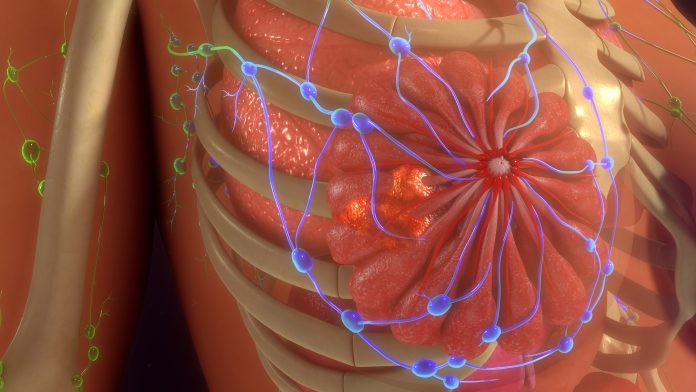
Mumbai: Antibiotic resistance in the country has increased to such an extent that people are forced to borrow money to pay for the direct and indirect costs of treatment, according to a study conducted by the Indian Council of Medical Research (ICMR).
The study, published in the international medical journal, ‘BMJ Open’, found that private hospital treatment of some antibiotic-resistant bacterial infections could cost 10.6% the amount needed for drug-susceptible infections.
If pathogens are resistant to usual antibiotics, doctors use newer drugs that are expensive; moreover, as such a patient needs ICU stay, the treatment costs increase. 46.5% of the patients whose hospitalisation as well as indirect costs of treatment were computed, borrowed money. Another 33.1% reached “grade 2 financial toxicity” by withdrawing savings. Some families cut down food consumption to meet the rising financial demands. “The proportion of families who had to sell or mortgage their assets which implies grade 4 financial toxicity was 11.4% for the drug-resistant infections and 9.8% for susceptible infections,” said the report.
The report, prepared by using data from eight hospitals, found that managing resistant microorganisms in private hospitals cost $3,382 as opposed to $215 in charity trust-run hospitals in some cities. The incremental cost for resistant bugs was 10.7% higher than susceptible ones in private hospitals, it said, adding that pharmaceuticals were the major contributors.
Senior ICMR scientist Dr Kamini Walia, who is one of the authors of the paper, said the study was carried out to assess the incremental cost of antimicrobial resistance (see box). “Our study found that the cost of treating infections themselves are significant in India, but the costs are much higher if the infection is caused by a drug-resistant pathogen.”
Intensivist Dr Rahul Pandit from H N Reliance Hospital, Girgaum, said antibiotic resistance has reached alarming proportions in India. “Many patients acquire antibiotic-resistant infections in the community these days as against in hospitals in the past,” he said. However, given the widespread misuse of antibiotics in the community as well as in poultry, antibiotic resistance is increasing, said Dr Pandit, adding that all hospitals have to adopt stewardship programmes to promote proper use of antibiotics. Dr Walia said that although many hospitals have adopted stewardship programmes due to the govt’s efforts, the challenge is in sustaining them.











![Best Weight Loss Supplements [2022-23] New Reports!](https://technologytangle.com/wp-content/uploads/2022/12/p1-1170962-1670840878.png)




